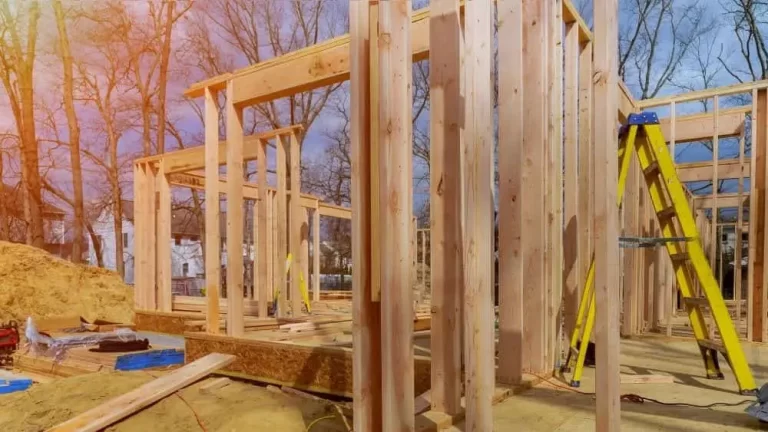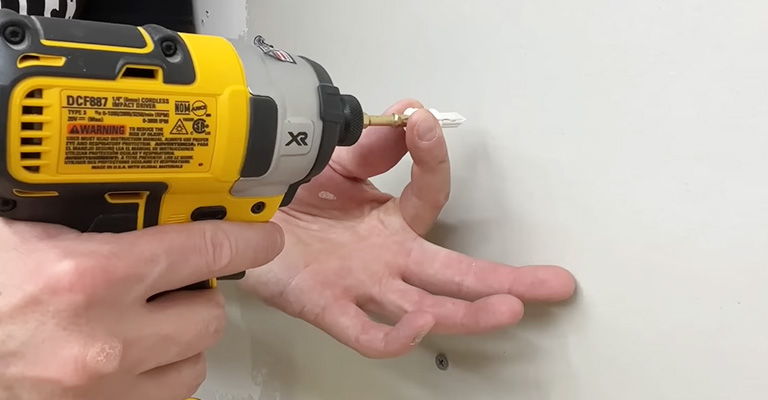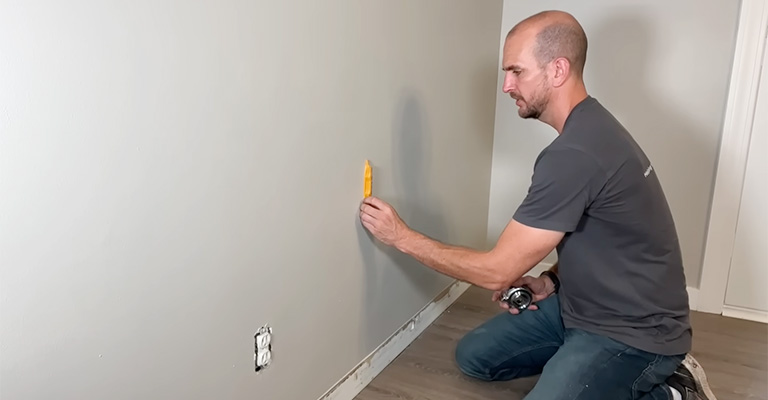Comparing the Pros and Cons of Epoxy Floors at Homes
Epoxy floors have become increasingly popular as a flooring upgrade for homes. These glossy, strong surfaces have many benefits and are attractive to the eye.
If you are curious about whether or not epoxy is a good choice for homes, then read on. We asked local experts of Concrete Contractors in Orlando to give their professional perspectives on this matter.
As professionals, experienced contractors have seen the best and worst of epoxy materials. Learn more about epoxy-enhanced floors when you talk to your local flooring professionals. Getting the facts straight from the experts will help you make the right choice.
Right now, you need more tips to gain insights that will be valuable in your decision-making and home-improvement planning.
Advantages of Epoxy Flooring
Epoxy flooring is continuously evolving. From its birth, it has been used among industrial systems. It was a strong adhesive material that binds heavy steel and insulation for pipes and other surfaces.
Now, it’s a well-used material coating for flooring surfaces, mostly for publicly used spaces.
To make an informed decision, it’s essential to weigh the benefits and drawbacks of epoxy flooring for your residential property. This article will explore epoxy floors and examine whether they are the best option for your home.
First, check out what are the advantages of epoxy floors. We list the top benefits of epoxy flooring below. Will these answer your needs at home? Read further!
Durability
The exceptional durability of epoxy floors is well known. They are an excellent option for high-traffic areas in your home because they can withstand heavy foot traffic. Your flooring investment will last a long time, thanks to this durability.
Beauty Appeal
Epoxy floors allow you to customize your flooring to match your interior decor because they are available in various colors and finishes. Your home gains a contemporary touch from the glossy, seamless surface, improving its aesthetic appeal.
Easily Maintained
Epoxy floors are simple to maintain. Because they are stain-resistant, spills can be quickly cleaned up. It is a hassle-free flooring option for homeowners because routine cleaning only requires sweeping and mopping.
Chemical Defense
Epoxy floors are used frequently in garages and industrial settings because they are chemically resistant. This feature makes sure that common household chemicals won’t harm your flooring.
You can find out more about the upkeep and durability of epoxy floors when you talk to expert installers of the materials.
The Drawbacks of Epoxy Flooring
Using epoxy is not for everyone. It has some significant drawbacks pre and post-installation. If you fear that using it for your home may cause serious harm, then read through the list of these disadvantages below.
Knowing firsthand what may cause it to fail at home may help you decide.
Installing Difficulty
Installing an epoxy floor is not a DIY project. To guarantee a perfect finish, professional expertise is required. The procedure is more complicated than conventional flooring options because it involves several steps, including careful application and surface preparation.
Initial Price
Epoxy floors are more affordable in the long run than other flooring options because of how durable they are, but the initial installation cost can be higher.
But over time, the investment pays off because epoxy floors are a cost-effective option due to their low maintenance requirements and durability.
When Wet, Slippery
Epoxy floors have the disadvantage of being prone to slipping when wet. This might be a problem, especially in public spaces like bathrooms or kitchens.
Nevertheless, you can solve this problem by incorporating anti-slip additives into the installation process.
Limited options for repairs
Repairs can be difficult when an epoxy floor is damaged. Replacement of a single tile or plank, which might be more practical with other flooring types, is more complex.
In this case, you will need the help of specialists who know about working with complicated materials and processes.
Ultimately, the best way to decide is to have the experts guide you. This list of disadvantages does not say you can not use epoxy for your residential spaces. No. Not at all!
The best way to use epoxy at home is through carefully planning your project and consulting with pro installers. For professional guidance and expert advice, you can visit https://www.nwconcreteresurfacing.com/.
Final takehome advice
Finally, epoxy floors have many benefits for residential properties, including chemical resistance, low maintenance requirements, durability, and aesthetic appeal.
However, it’s crucial to consider the difficulty of installation, the high initial cost, the slickness when wet, and the restricted repair options as possible drawbacks.
It’s critical to balance these factors against your unique needs and preferences before choosing.
For homeowners looking for a durable and attractive flooring option, epoxy floors can be a great option, but it’s essential to understand their advantages and disadvantages.






